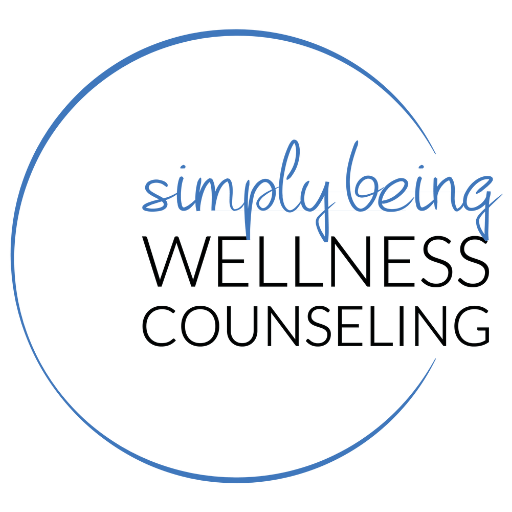Six Myths About Self-Care
Written by Krystal Jackson, LPC
Self-care is a mindful approach to being aware of your needs and what you need to do to take care of yourself. This includes any activity you intentionally do in order to take care of your mental, emotional, and physical health. Unfortunately, self-care has become a trendy word often synonymous with elitism. The reality is that we all benefit from taking care of ourselves and we get to define the actions, routines, and mindsets we want to include in our self-care plan. If using the words “self-care” make you cringe, I suggest thinking about it in this way: self-care involves practices that promote wellness. When you intentionally create a self-care routine that aligns with your needs, you are engaging in activities that help you to feel whole. These practices can be catered your individual needs and will need to be revisited often for editing as your lifestyle needs change.
Now that we have reviewed the benefits of self-care, let’s take a look at a few mindsets that may be stopping you from being intentional about your self-care routine.
You believe it requires you to spend money
While many of us enjoy adding massages, spa appointments, and fancy meet ups with our friends, we don’t have to spend money to take good care of ourselves. Many of the most valuable self-care practices are completely free. Here is a small list of free self-care practices:
· Rest
· Journaling
· Reading a book, magazine, or articles
· Spending time with people who support you
· Taking a walk or engaging in exercise
· Using positive affirmations or mantras
· Giving yourself compassion and grace when you make mistakes
You think if you engage in self-care, you’re being selfish
You’ve heard the saying, “you can’t pour from an empty cup”. As cliché as this sounds, the sentiment is very true. How can you be of help to others if you are not treating yourself well? The reality is if you frequently devote much of your energy and resources to helping other people, you will find you have not replenished and will eventually be at a deficit. You are no good to other people if you have not prioritized your mental and emotional well-being. If you are in a helping profession, this can feel difficult to do but one of the best ways we can be of service to those we help is to model healthy behaviors. Think about self-care as prioritizing and finding value in honoring your needs to promote wellness. Is this a selfish practice?
You believe self-care requires you to use resources you don’t have
You are likely already doing things that help you to feel well. I advise visiting this list to see what activities, mindsets, or routines you currently have in place and to measure how well these activities promote your wellness. You can use what you have right now. A few ways to use your current resources:
· read a blog post or listen to a podcast about self-care
· engage with your support group
· set a morning and evening routine
· write down the most important practices for daily optimum wellness
· ask for input from friends or other trusted individuals as to what they do for self-care
You believe it is optional
In order for us to be and feel well, we must have practices in place that nurture our wholeness. To be and feel well, we have to embody wellness and this means we have to take action every single day to practice wellness. Healing is not an easy feat, it requires consistency, discipline, and compassion for the journey. One of the first assessments I do for any client I meet with is to review the current ways they are (or are not) practicing self-care. This means identifying unhelpful thinking, reviewing your support system, looking at how well you are engaging in daily routines. By looking at these areas, this will provide helpful information to ascertain what may be energy drainers or energy lifters. To be well, our self-care practices cannot be optional.
You think it means you have to choose between caring for yourself and others
Newsflash, you can care for yourself and others simultaneously. This can be done only when you have good boundaries in place. We are of no service to others when we have not done the work to care for ourselves.
You think you don’t have enough time in your day
Taking care of yourself does not have to be time consuming. You can decide how much time you want to devote to an activity. Whether you add 15 minutes or take a full day, engaging in self-care for any amount of time is valuable and necessary for your overall wellness. One of the best suggestions I received was to schedule in my relaxation time, that way I couldn’t say I didn’t have the time. As we have reviewed, taking care of yourself doesn’t always include an activity. Self-care can also be prioritizing time to do nothing.
Remember, your self-care practices are unique to you. You can start prioritizing yourself right now!
Krystal Jackson is the owner and lead therapist of Simply Being Wellness Counseling. She enjoys sharing helpful information regarding self-care, compassion, mood management, and embracing life’s shifts. You can learn more about Krystal by visiting the About page.

